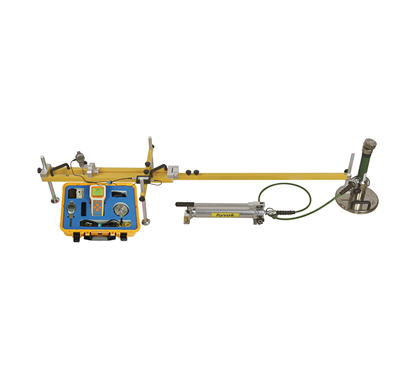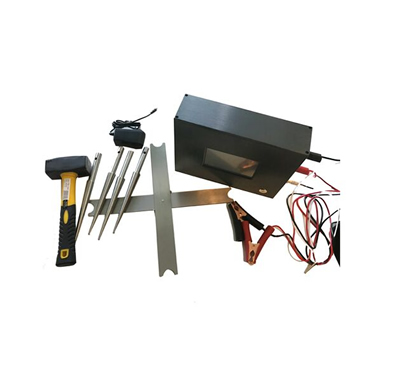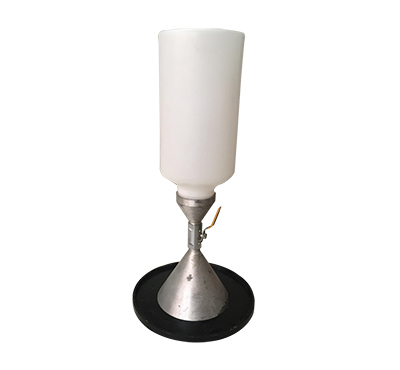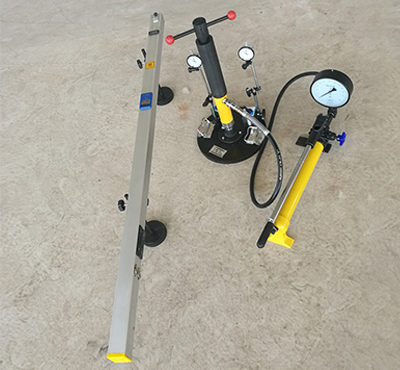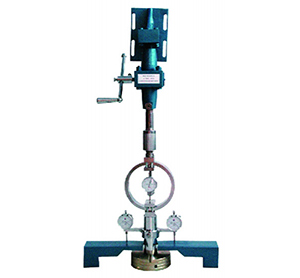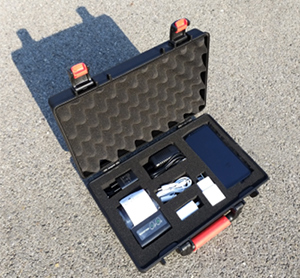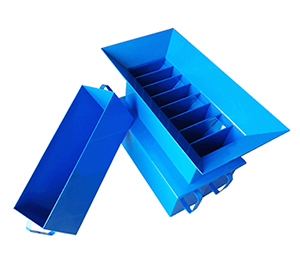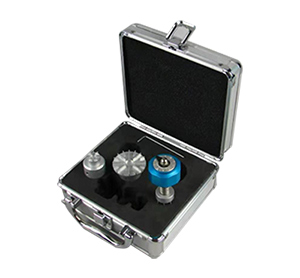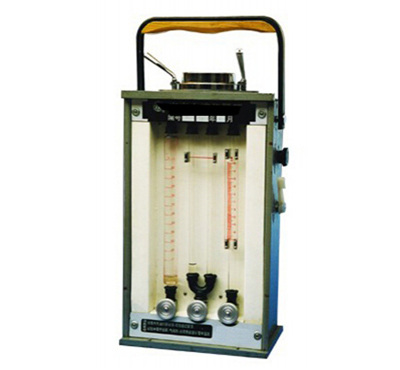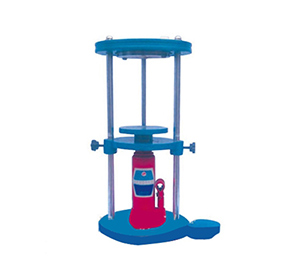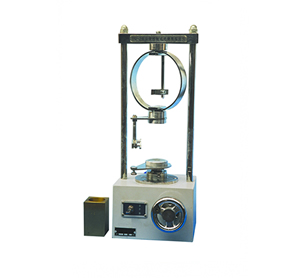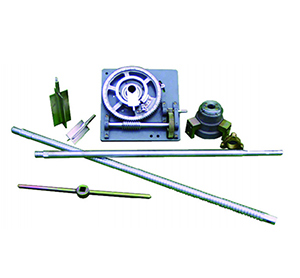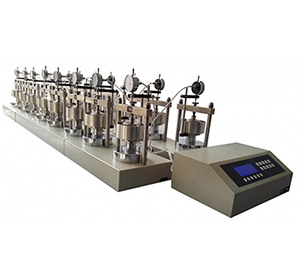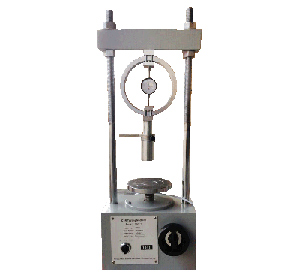- Home
- Product
- Soil Testing Equipment
- TBTEDG-1S Electrical Density Gauge (EDG)
Static Plate Load Tester
This tester is used to determine the subsidence value of the roadbed under the static load, so as to evaluate the bearing capacity and deformation of the roadbed.
It is suitable for monitoring the quality of foundation construction of railways, highways, airports, urban transportation, ports, terminals and industrial and civil buildings subject to static loads.
After the ground is loaded and unloaded for the first time through the circular load bearing plate and the loading device, the second load is performed, and the measured stress σ of the load bearing plate and the corresponding center settlement value S of the load bearing plate are used to calculate The values of the deformation modulus Ev2 and Ev2 / Ev1.
Features
Sensors and some components are imported, with high test accuracy and more reliable test data;
Oil cylinder and manual pump imported from abroad, achieve outstanding pressure control and voltage stabilization performance;
The displacement acquisition device adopts heavy-duty materials and a three-point support design, which has strong anti-seismic and wind-proof capabilities to ensure accurate data;
LCD display in English interface, with backlight, it has better visibility in various environments.
Ev1, Ev2 and Ev2 / Ev1 are automatically calculated and display curve.
The hand-held main unit is equipped with a Bluetooth mini printer and directly printed on site to ensure the test results are accurate and objective.
USB transmission interface is convenient for connection with computer.
Voice prompt function makes operation more convenient.
| Application area | Application soil type | Various types of soil and earth-rock mixed fillers with a particle size not larger than 1/4 of the bearing plate diameter |
| Test influence depth | 0~500mm | |
| Working environment | Temp. -10℃~40℃ humidity <90%HR | |
| Handheld main unit | Size | Screen size:3 inch Dimension:100×205×40mm Weight:0.8kg |
| Storage capacity | 400 group testing data | |
| Data transmission method | Cable transmission | |
| Power supply | Large-capacity lithium battery, working time is more than 18 hours | |
| Display | Handheld main unit screen, switch display between Chinese and English interface | |
| Mini Printer | Connection | Wireless Bluetooth printing |
| Sensor | Pressure sensor range | 100kN |
| Displacement sensor range | 25mm, resolution 0.01mm | |
| Data acquisition device | Loading plate | Diameter:300mm Thickness:25mm Weight:around 17.5kg |
| Loading device | Hydraulic pump:capacity 100kN high-pressure hose:length 2m Plug-in pressure cylinder extension rod: 1×40mm,1×90mm,1×120mm,1×160mm,2×60mm | |
| Settlement test device | Three-point support frame (with retractable, rotatable lever arm, adjustable base) Dimension: around 2320×570×420mm(LxWxH) Weight: around 12.5kg | |
| Package size | Main unit | Material:Engineering Plastics Dimension:around 470×360×170mm Weight:around 7.0kg |
| Package case 1 | Material::Aluminum alloy Dimension:around 1410×510×260mm Weight:around 72kg | |
| Package case 2 | Material:Aluminum alloy Dimension:around 1270×440×230mm Weight:around 32kg |
TBTEDG-1S Electrical Density Gauge (EDG)
The soil density gauge is used to measure the physical properties of subgrade and foundation compacted soil. It is a battery-powered portable instrument that can be used anywhere in the world without problems related to nuclear safety. The dry or wet density, water content, and percentage of compaction can be measured and displayed on site.
It conforms to standard ASTM D7698.
| Dry density accuracy | Within 3% of the standard test |
| Typical soil compaction range | standard compaction soil field range |
| Moisture content accuracy | Within 2% of the standard test |
| Measuring depth | 30cm |
| Operating ambient temperature | -10-50ºC |
| Operating Humidity | 0-90% |
| Power | 12V, lithium battery |
| Battery life | fully charged for about 8 hours |
| GPS Accuracy | 3M |
| Size | 350mm * 230mm * 40mm |
| Net weight host | 2kg |
| Attachment | 3kg |
GRY-II Sand Cone Density Apparatus
The Sand Density Cone is used to determine the density of sand and gravel soil in site. It consists of sand jug, cones, valve and basement.
| Sand jug | 4L with thread |
| Dimension | 300 x 300 x 445mm (L x W x H) |
Bearing Plate test Apparatus
Plate bearing test is used in earthworks and soil foundations to evaluate the composition and consequent deformability of the soil. This gives an indication of the total load capacity of the soil under test.
Also used in road construction engineering.
- Loading plate diameter: 300mm
- Lifting jack loading range: 0 ~ 32T
- Lifting jack stroke: 120mm
- Measuring bridge span: 3000mm
- Manual oil pump rated pressure: 70Mpa
- Stress test range: 0 ~ 60Mpa

